Compulsory military service for both men and women is not as new as one might think, with the idea of a Europe-wide conscription being mooted as early as 2017. The Germans came up with the idea, because, as they said at the time, "Germany already plays a leading role in Europe". However, it is particularly important now that the country should "live up to its political and economic responsibility" and "play its part in a stable Europe".

As reported by the Neue Osnabrucker Zeitung (NOZ), the document in question proposes that "all young people should do military or civilian service in a European country for a minimum of nine months and a maximum of 24 months". A commitment to a European Defense Union involves transferring national powers to te European level, reads the proposal by the Junge Union's council.
NOZ also quoted Paul Ziemiak, the federal president of the youth organization with roughly 110,000 members. According to him, such a general Europe-wide mandatory military service "could be an important step in this direction". The German Council is the second highest decision-making body of the Junge Union. It is made up of around 70 participants, including the members of the federal executive board and the chairmen of JU's regional associations, wrote the Bundeswehr Journal.
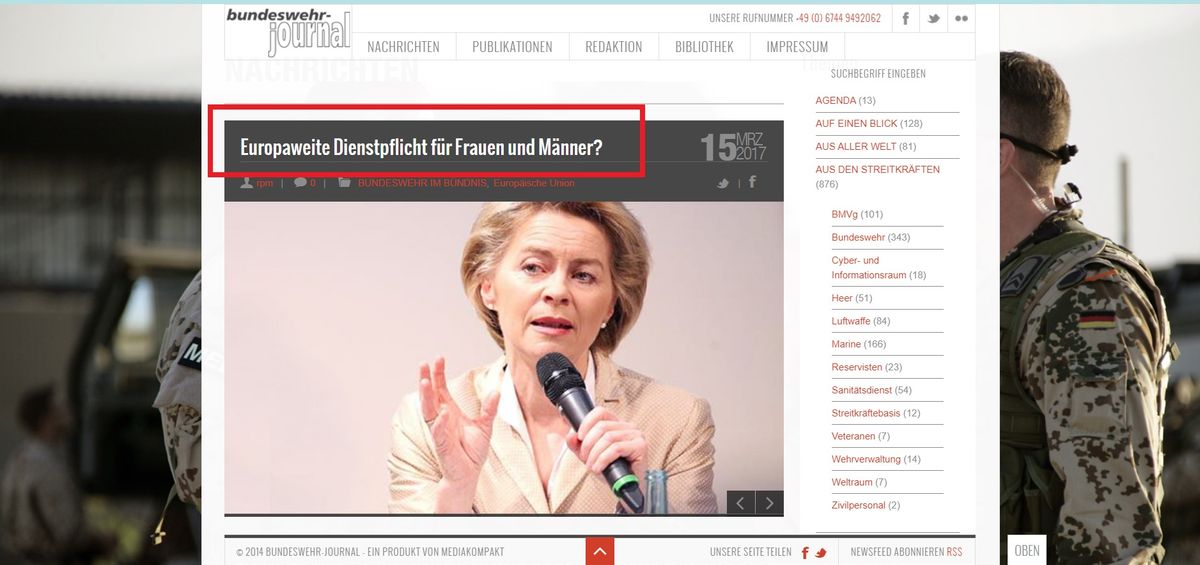
Thus, in 2017, the plan for mandatory service for women and men across Europe already existed. Nothing proves this better than the fact that the German Bundeswehr Journal reported on it, citing the Neue Osnabrucker Zeitung.
Taking a look at the note on the photos the article features
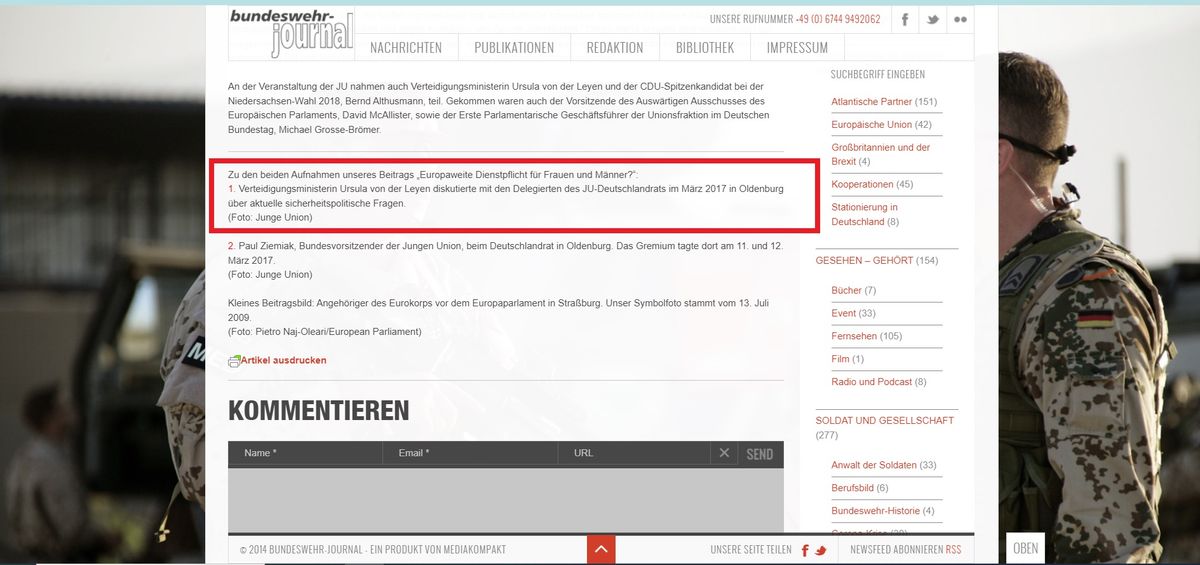
On the two photos featured in our article " Europe-wide compulsory service for women and men?"
1.Defense Minister Ursula von der Leyen discussed current security policy issues with the delegates of the JU Germany Council in Oldenburg in March 2017.
Thus, current European Commission President Ursula von der Leyen attended this meeting and contributed to the discussion of the issue, as the picture shows.
Who put forth the proposal "Europe-wide compulsory service for women and men"?
It was Paul Ziemiak, then federal president of the Junge Union and a member of the German Council that met in Oldenburg. What is Paul Ziemiak's function today?
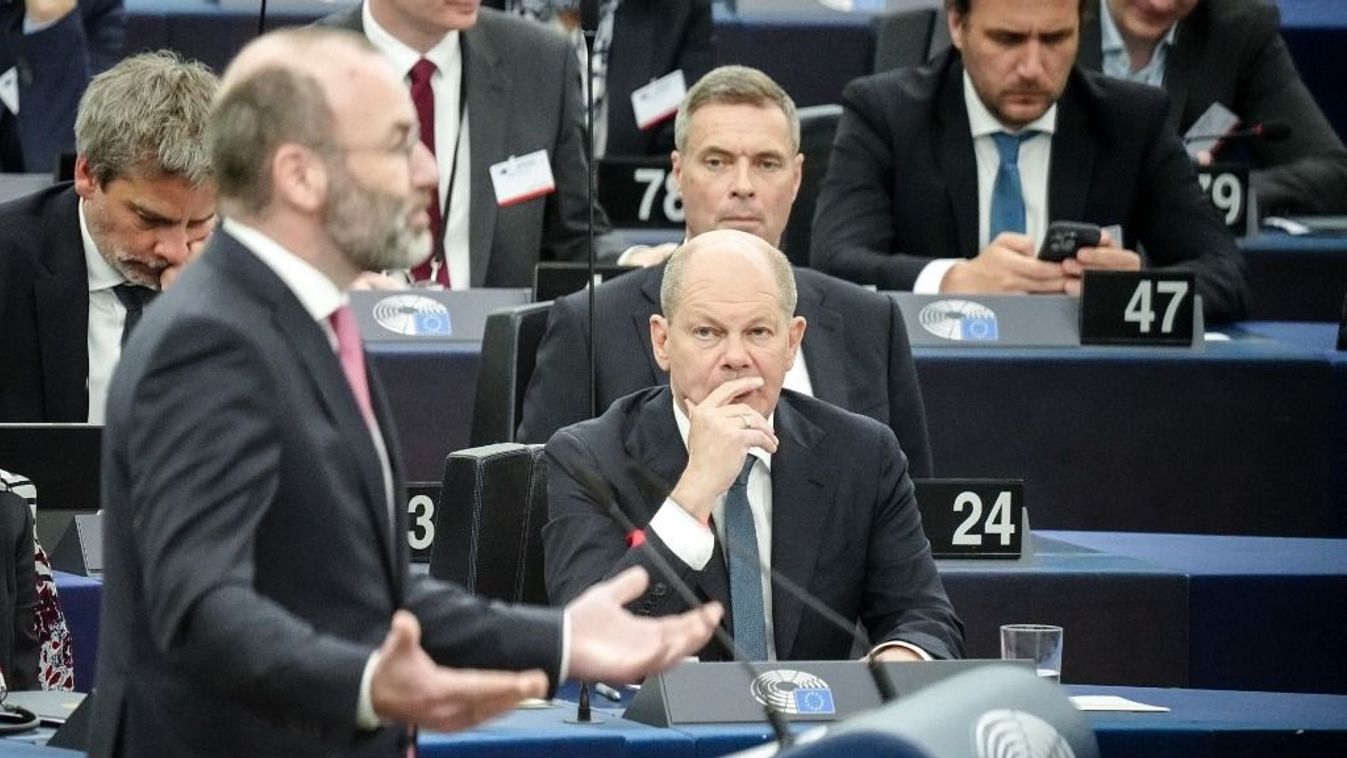
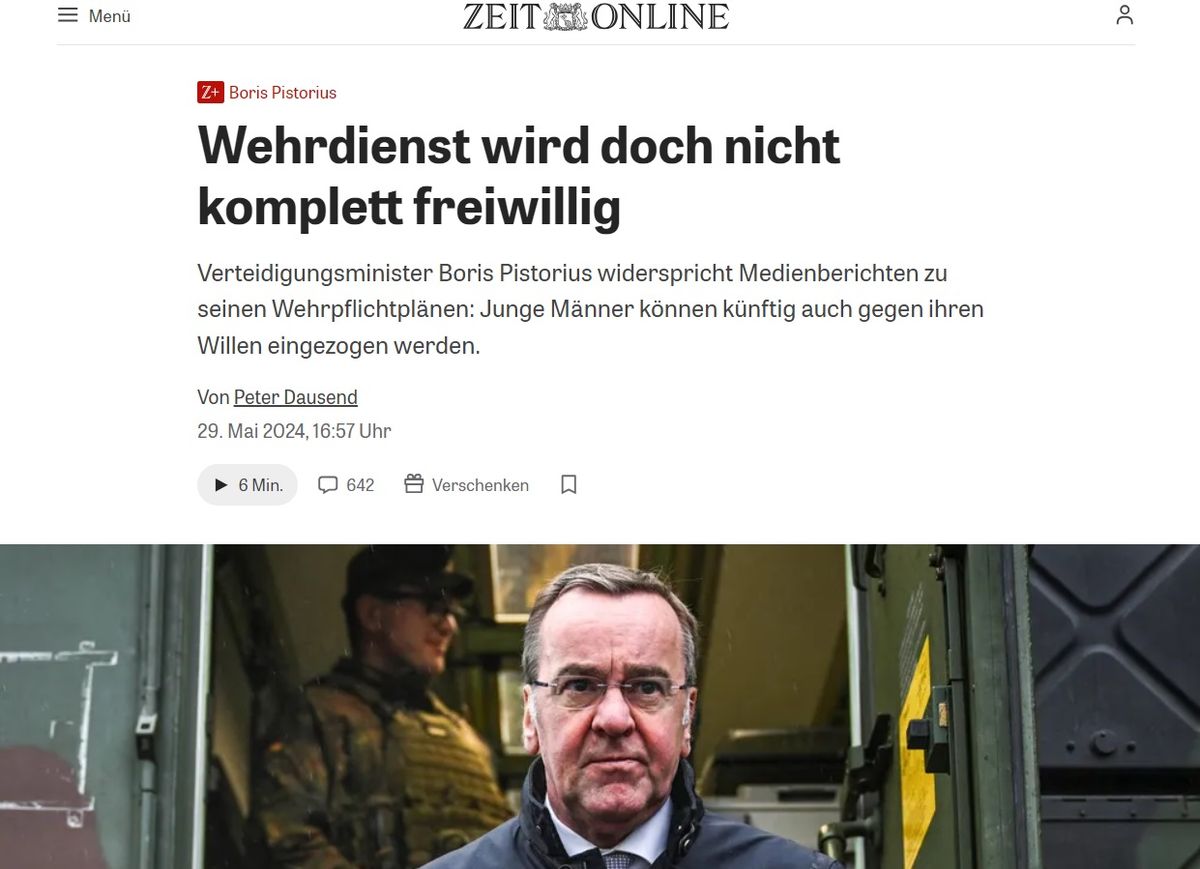
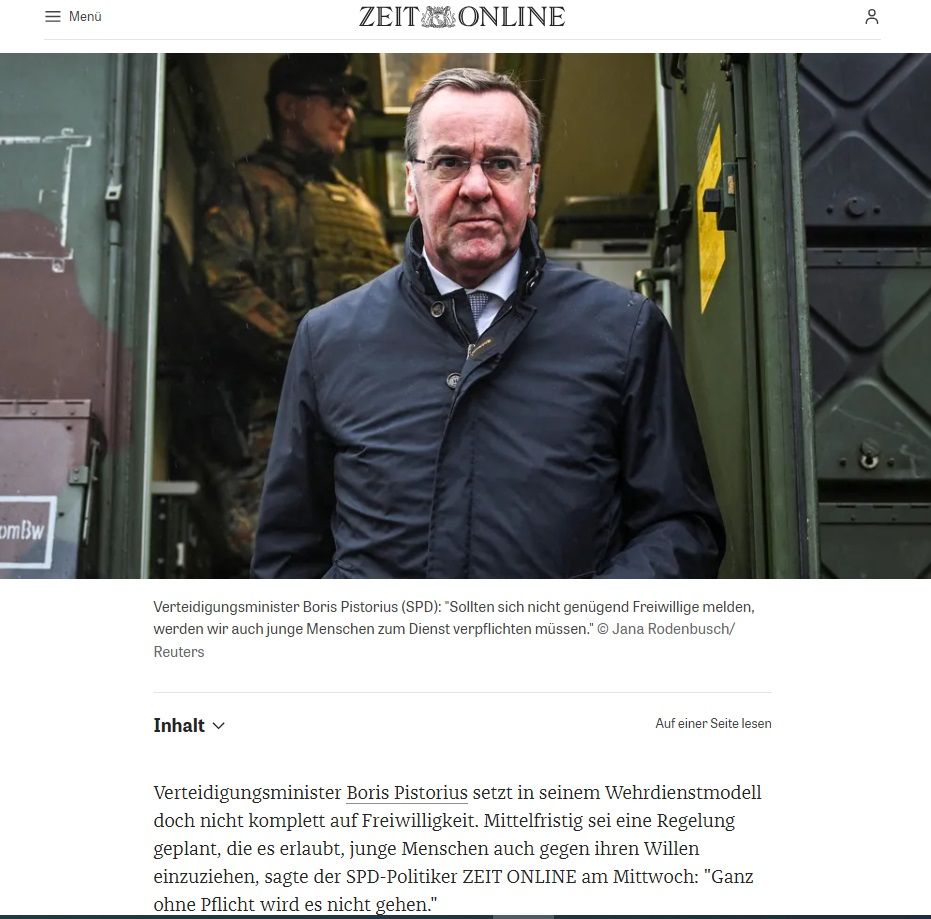
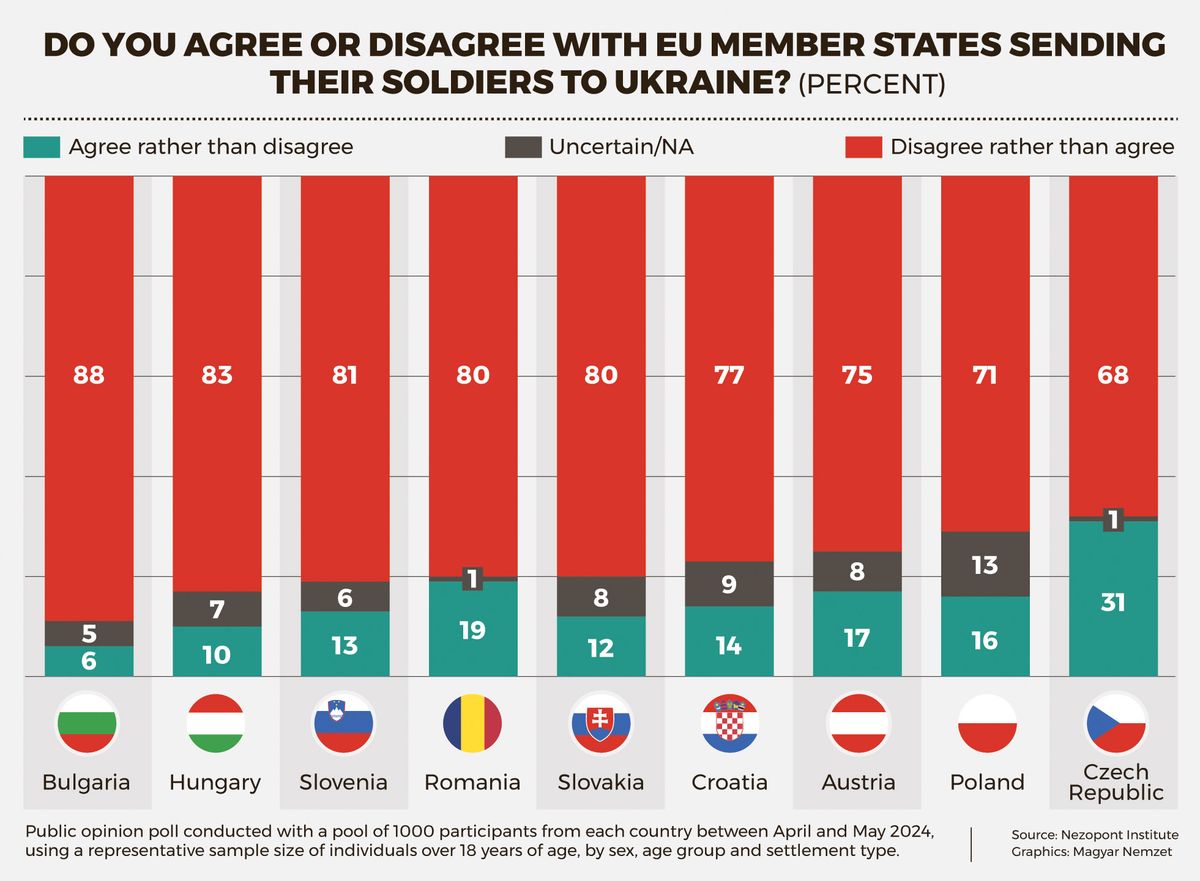

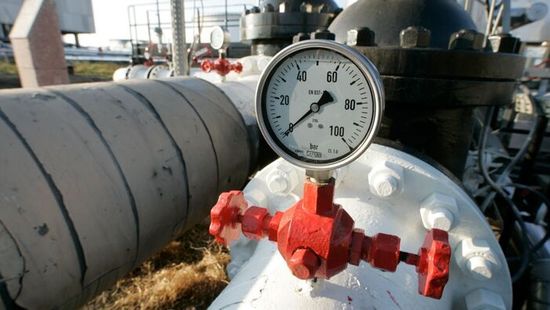
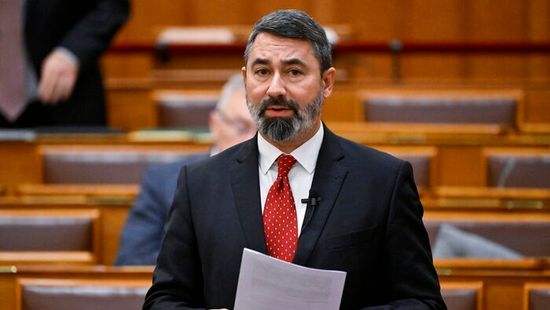
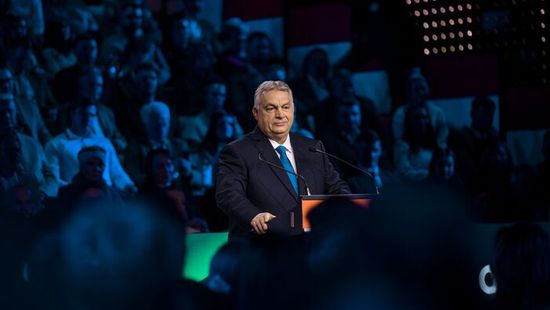

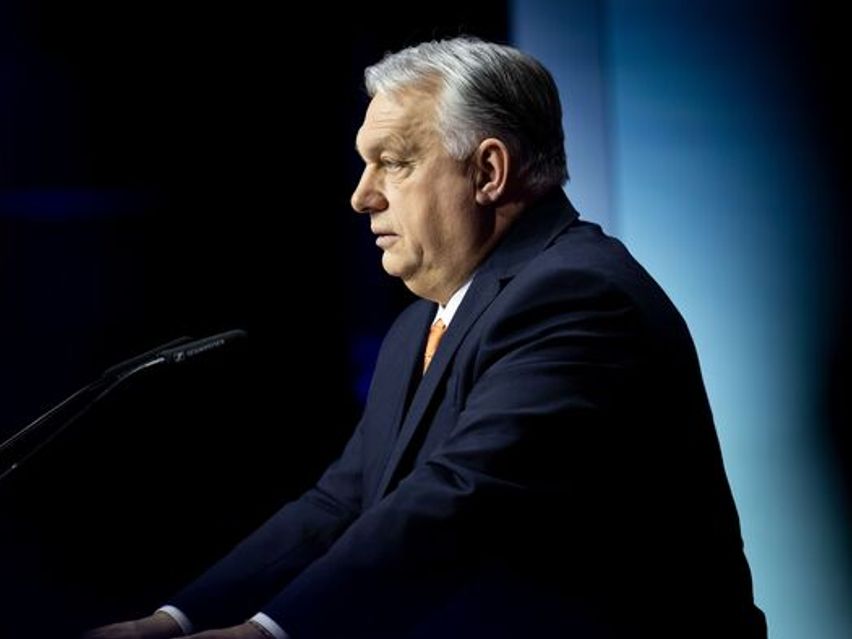

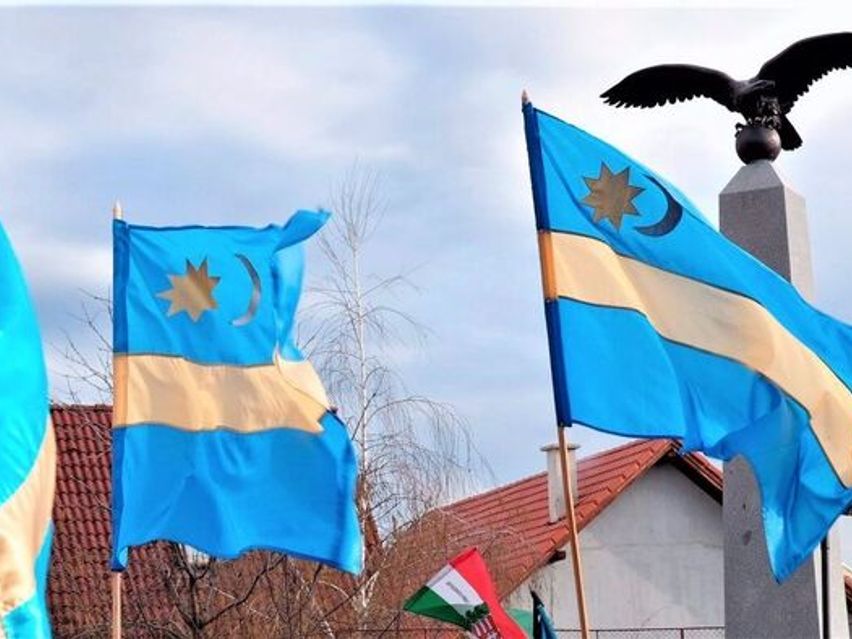


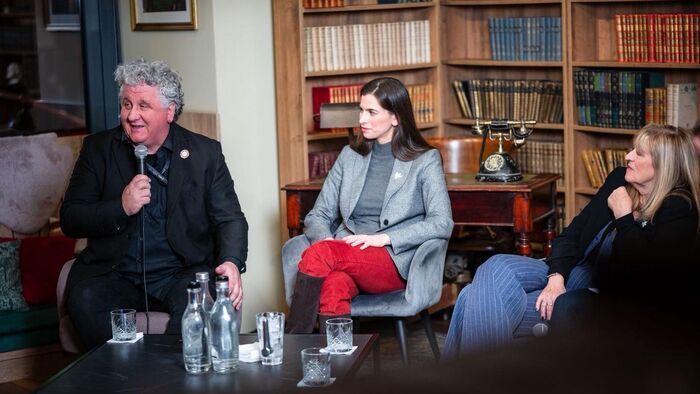

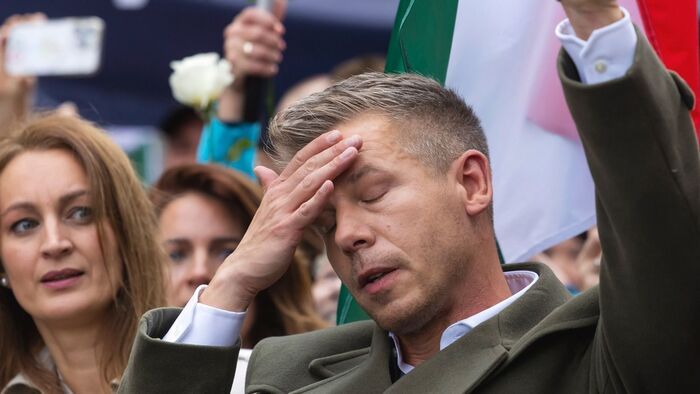
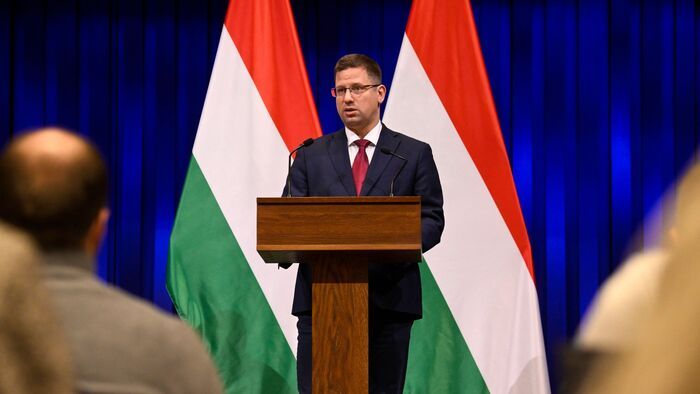
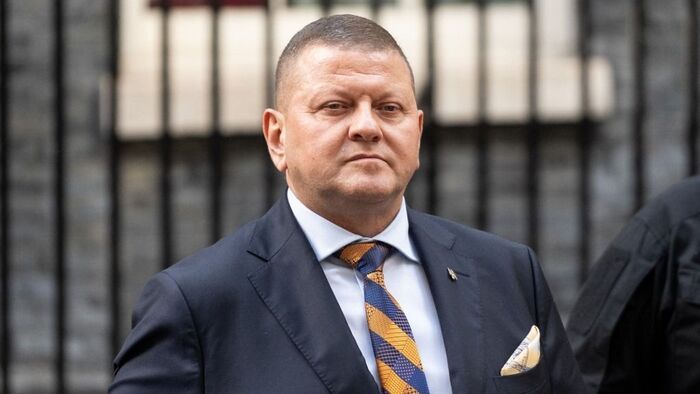
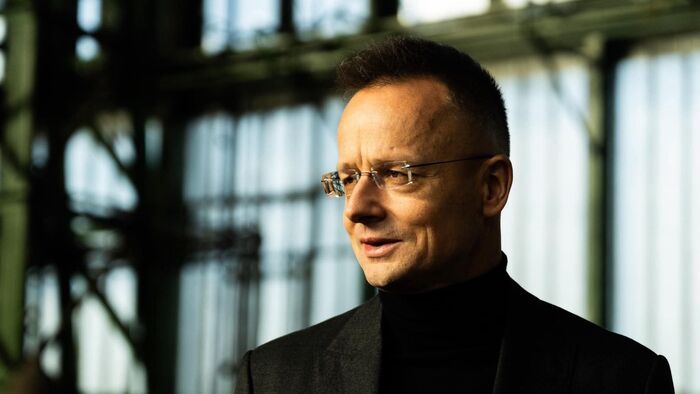
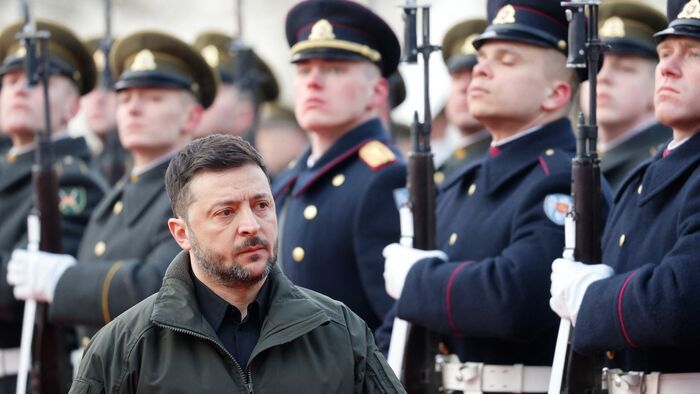


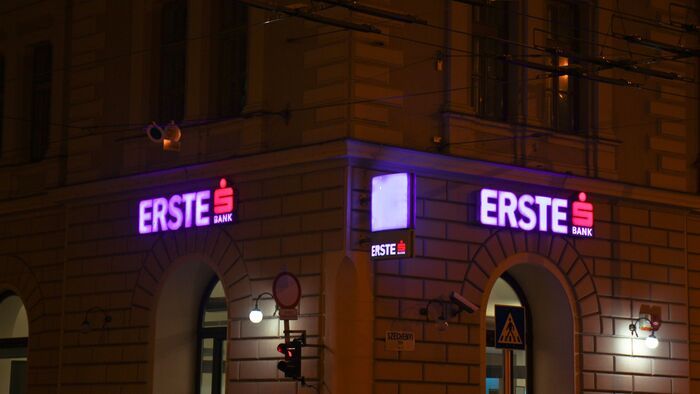
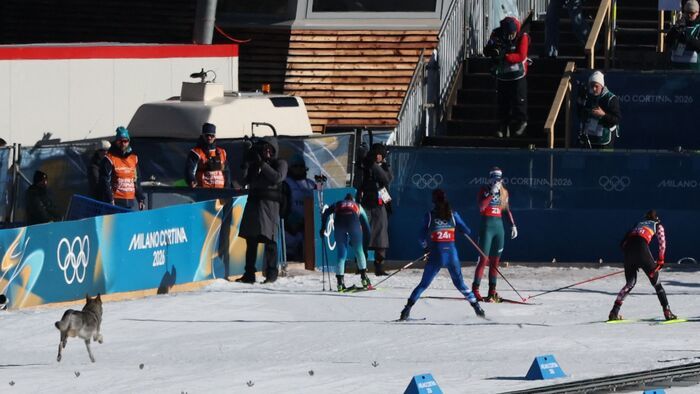

Szóljon hozzá!
Jelenleg csak a hozzászólások egy kis részét látja. Hozzászóláshoz és a további kommentek megtekintéséhez lépjen be, vagy regisztráljon!